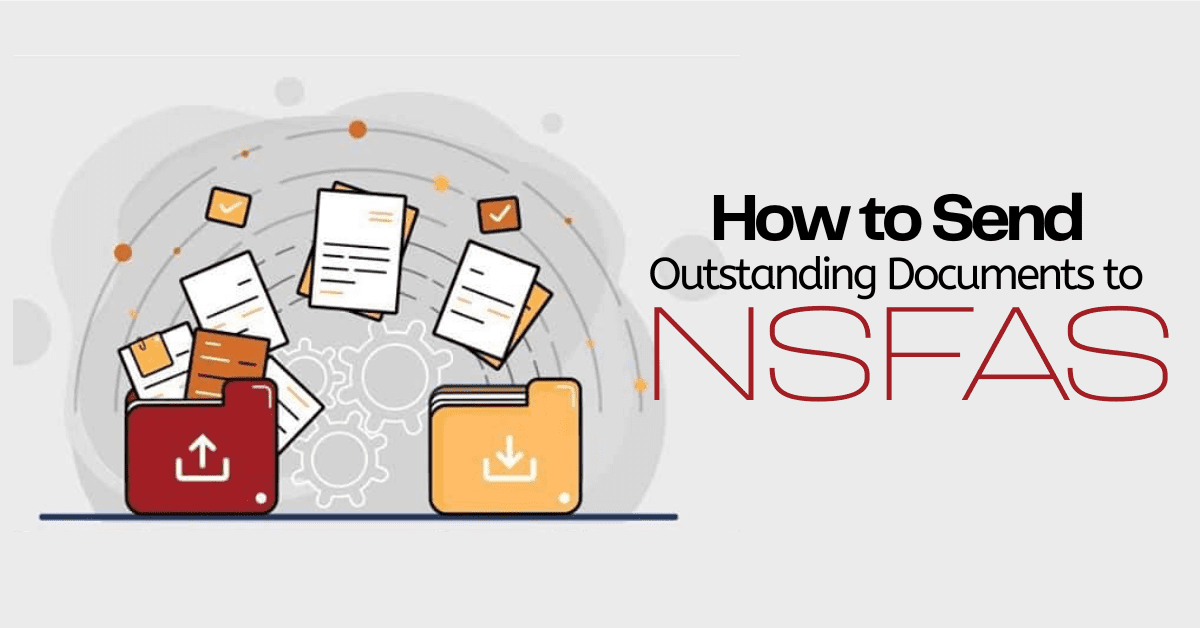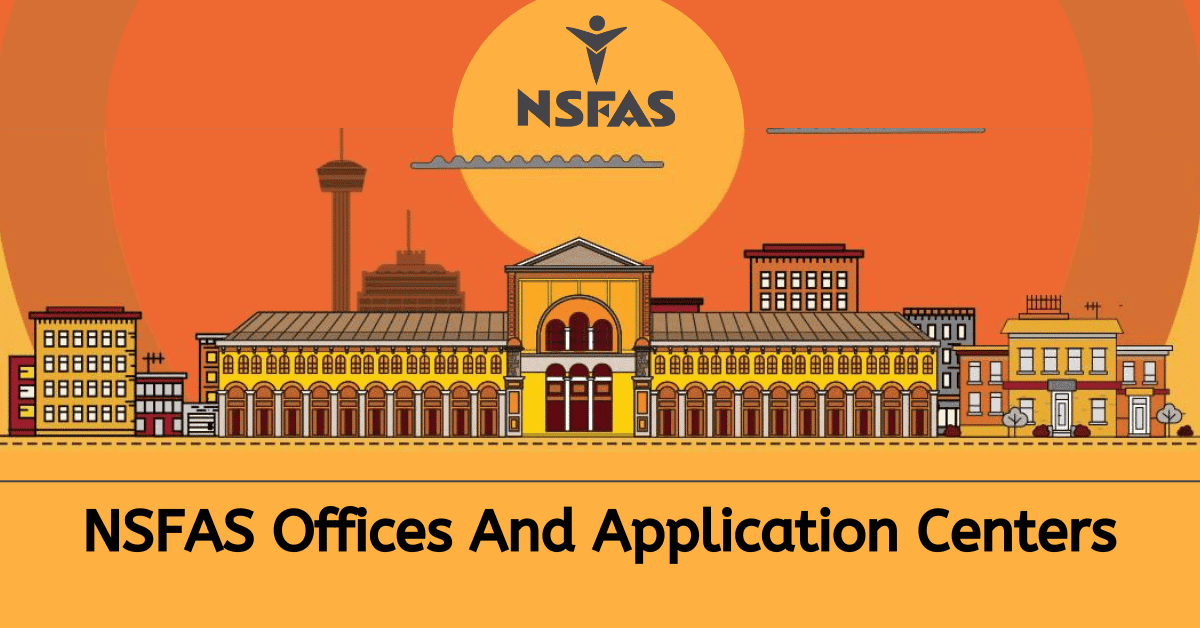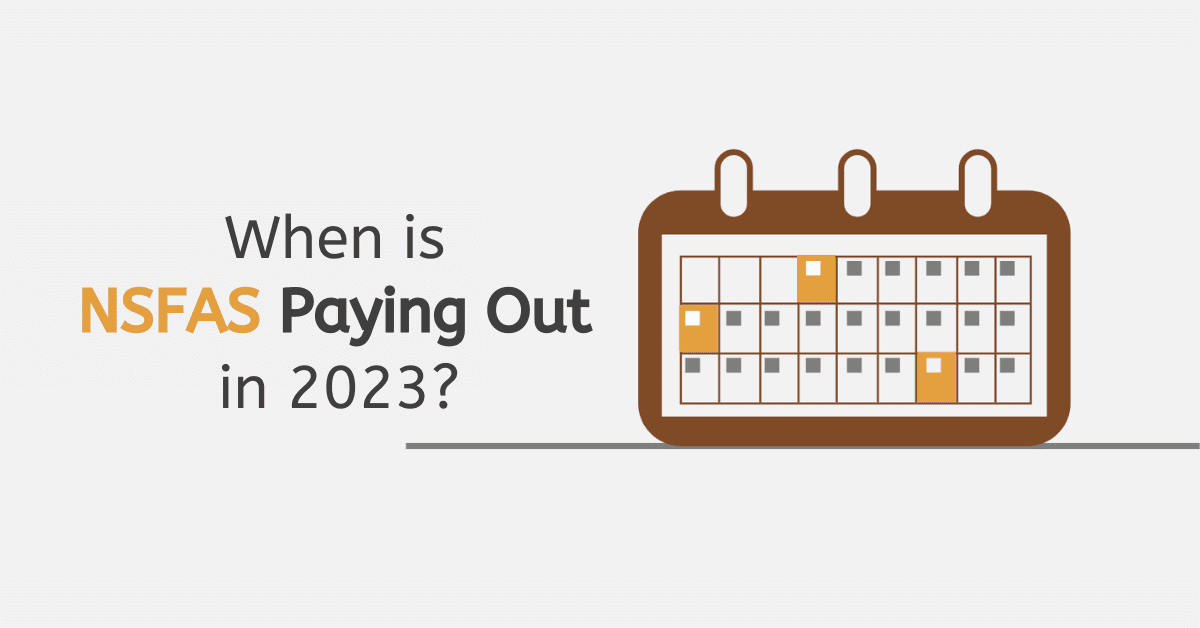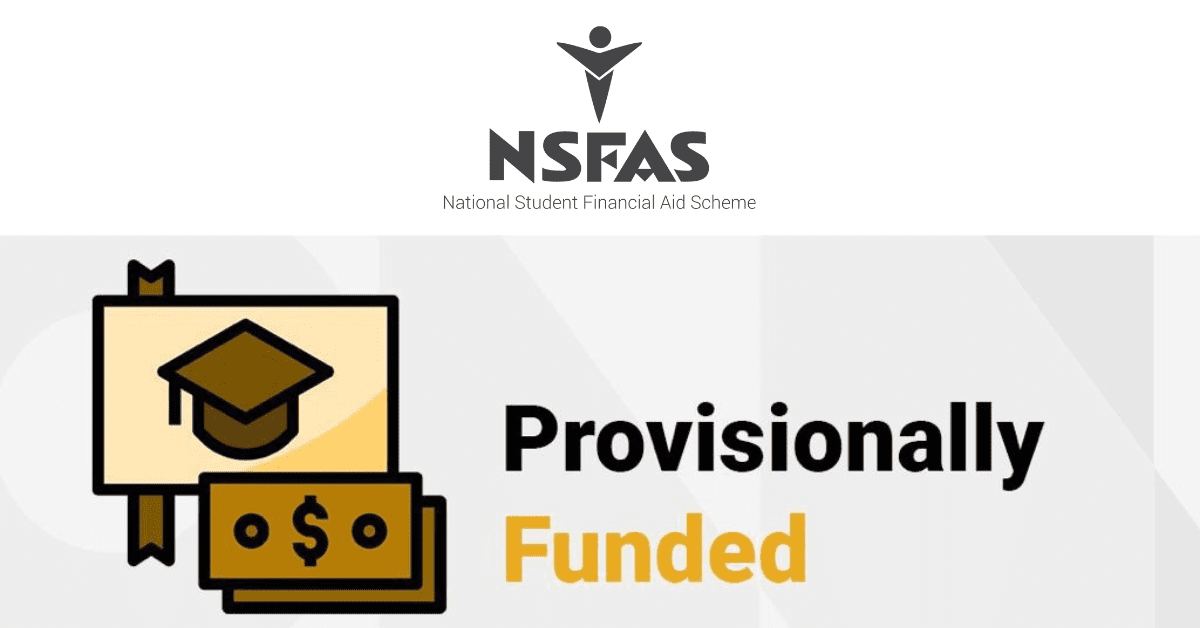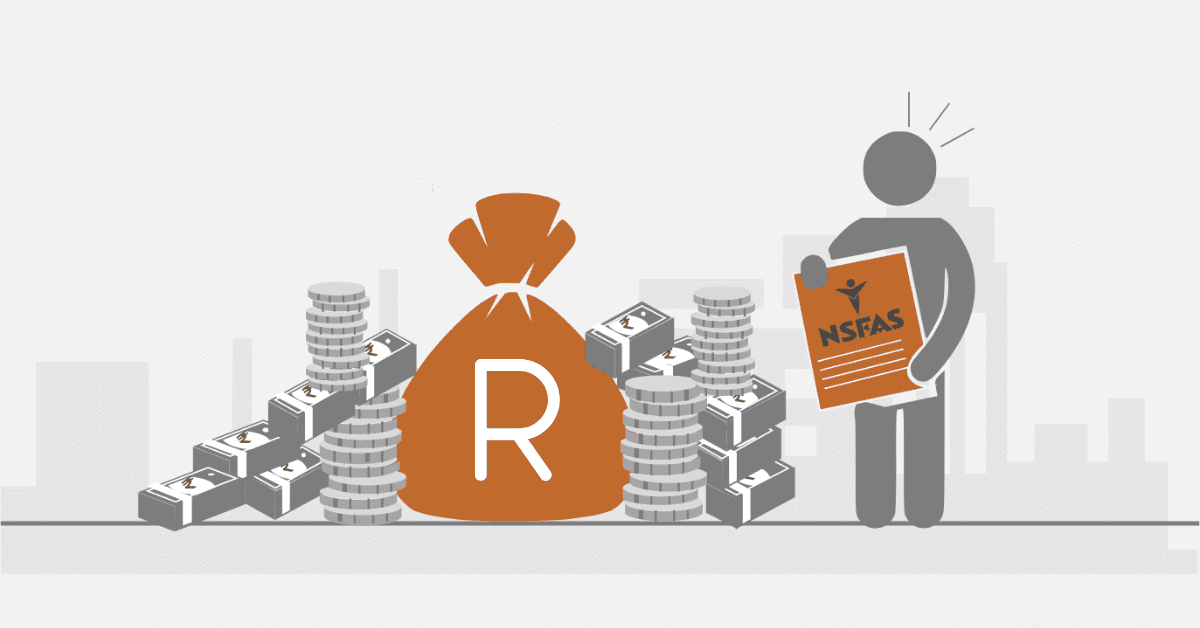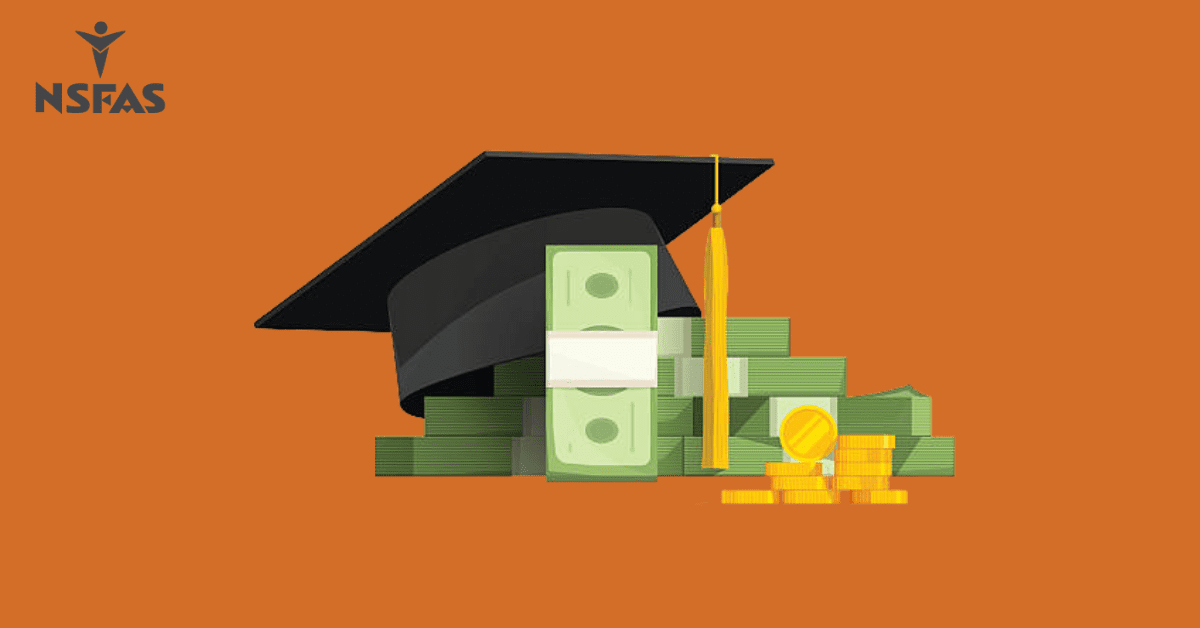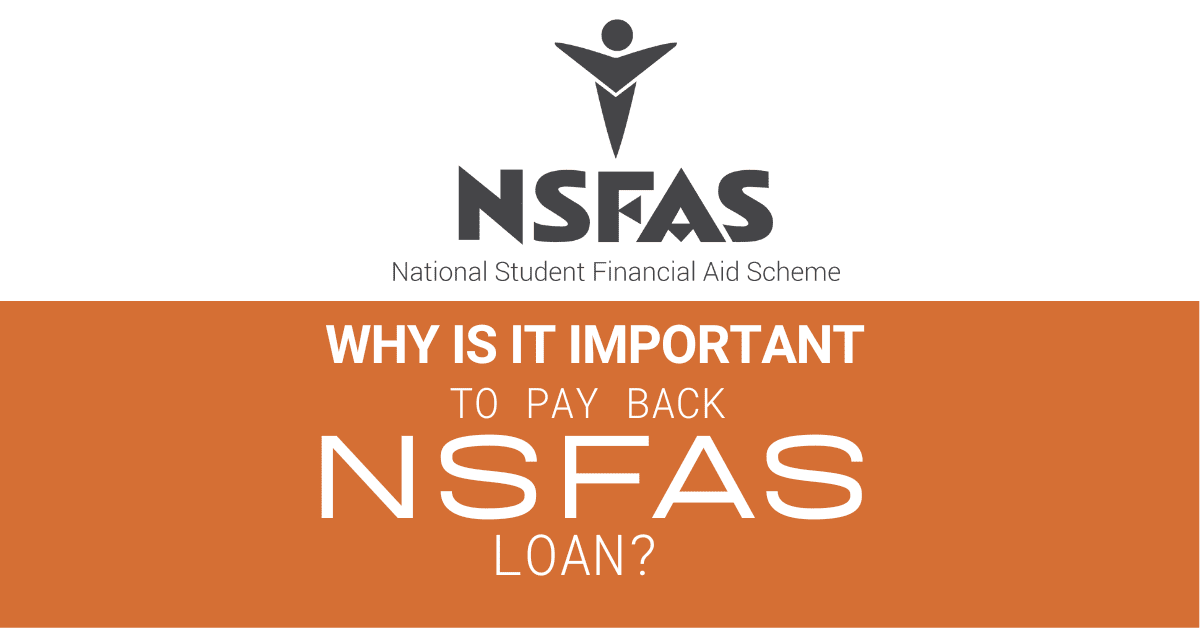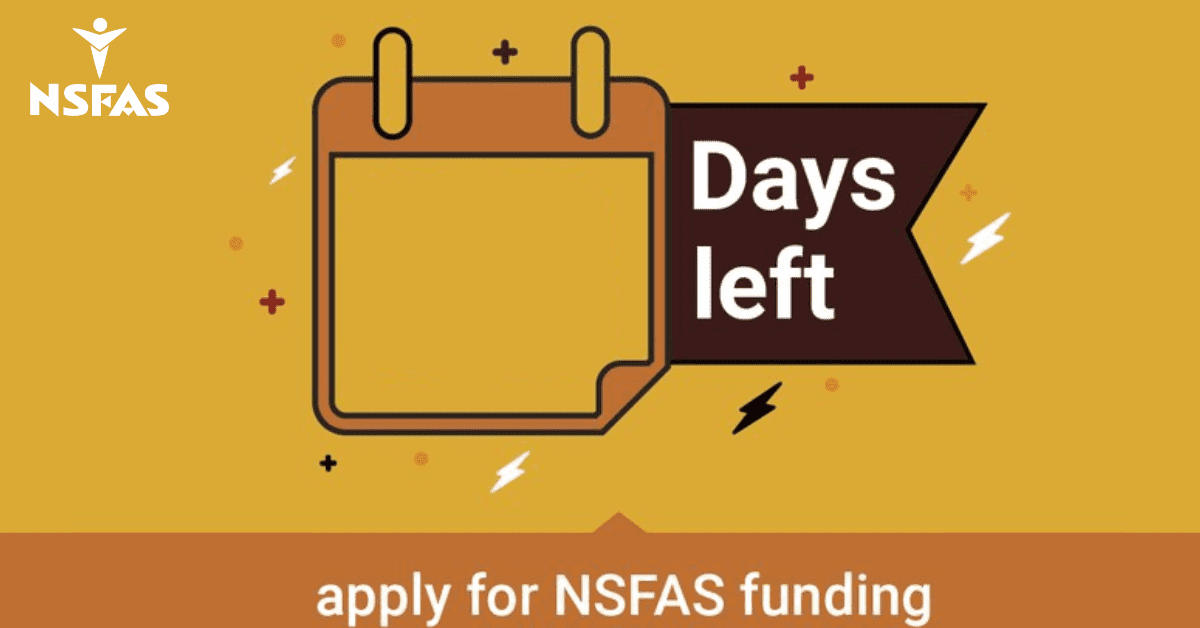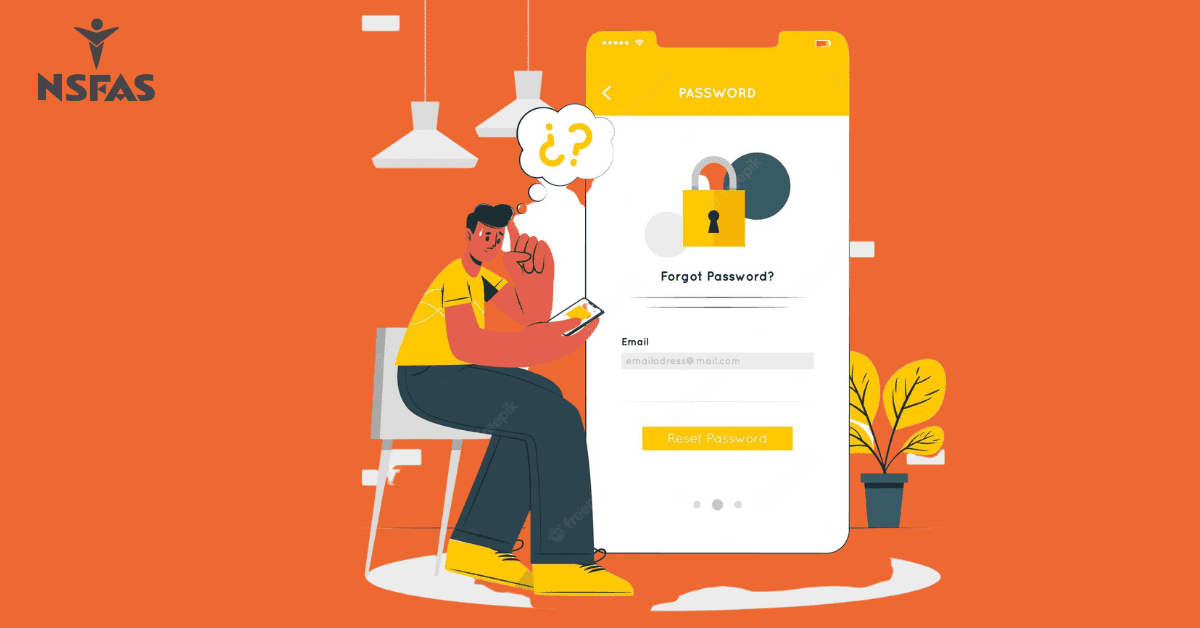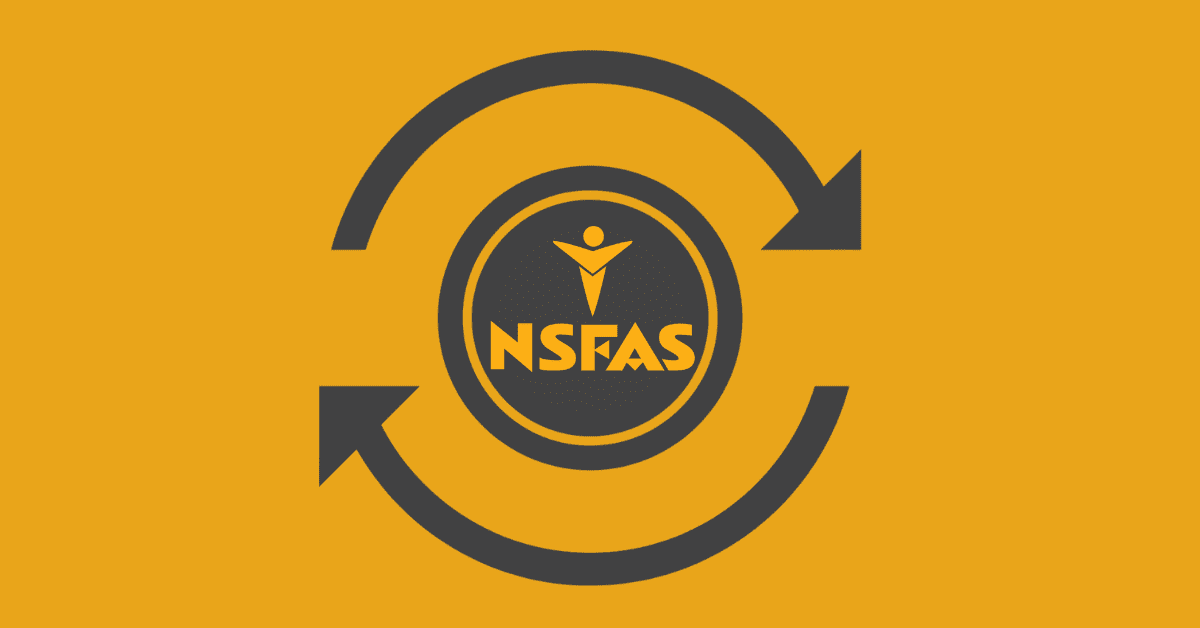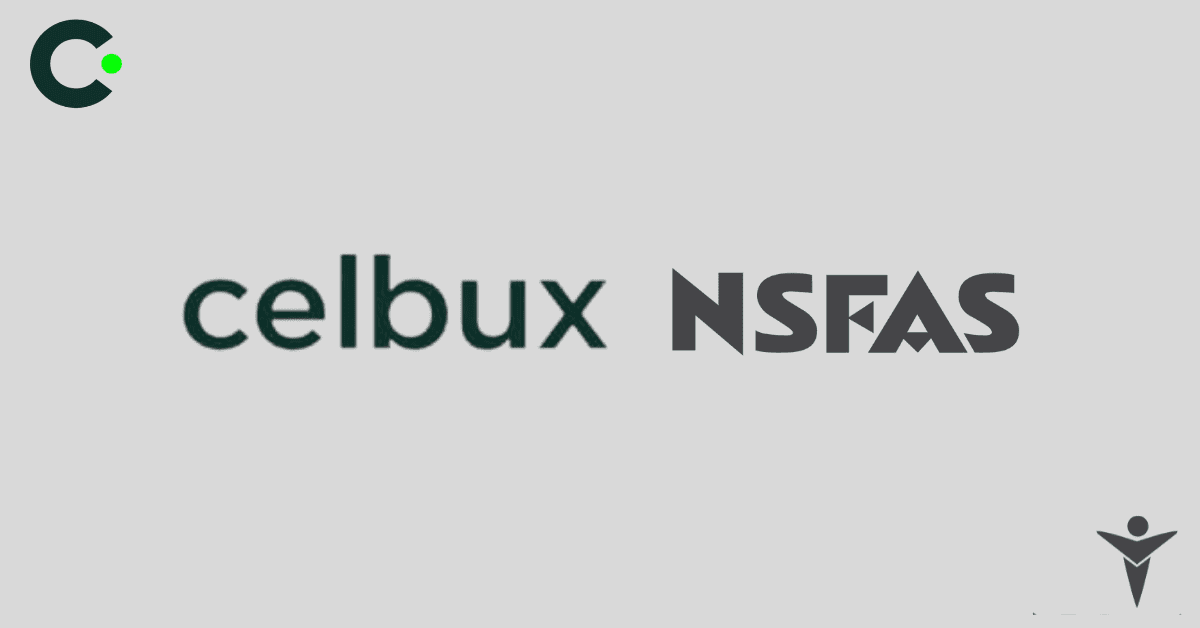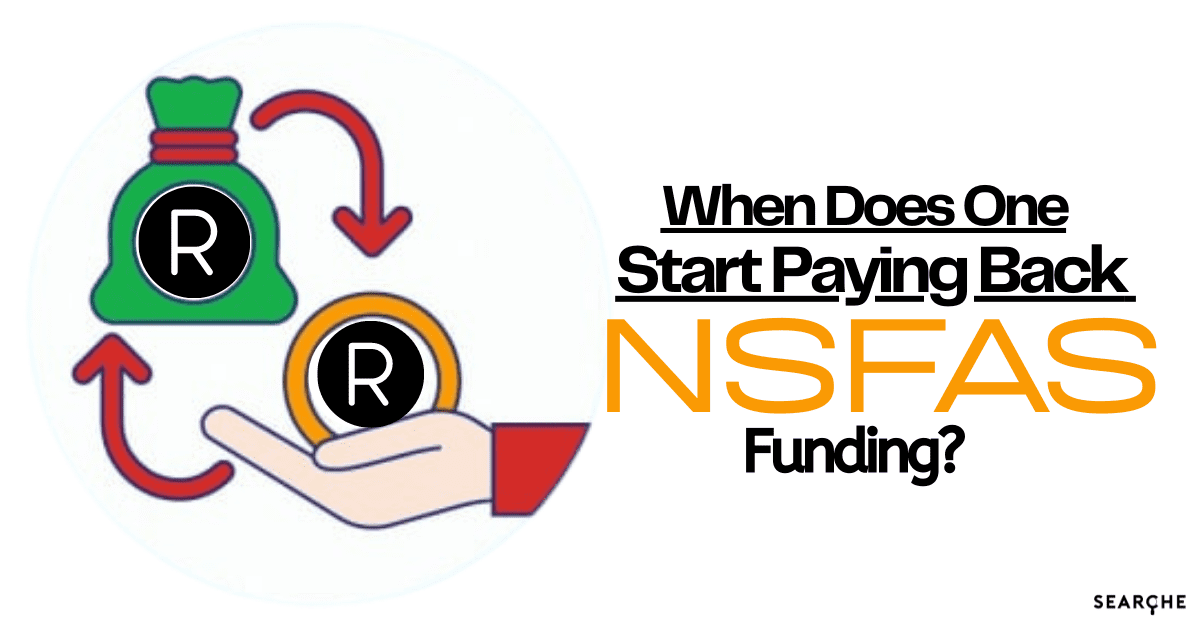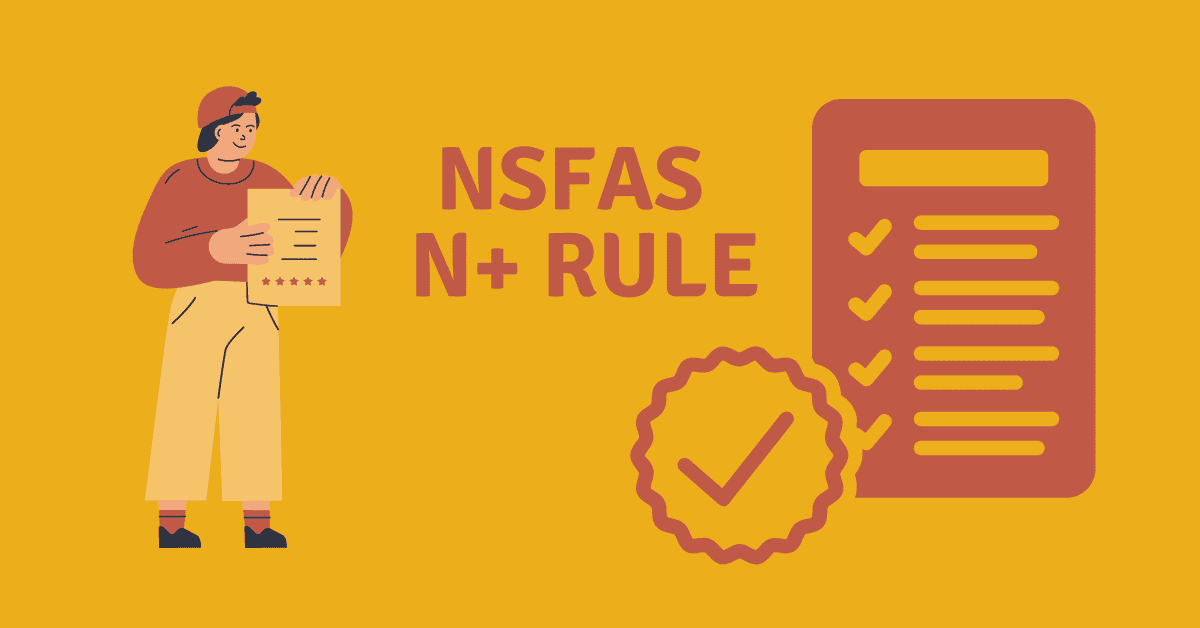The National Student Financial Aid Scheme (NSFAS) bursary scheme is specifically meant for disadvantaged South African students intending to pursue their studies at public universities or TVET colleges. When you apply for financial aid, there are certain steps you should follow. You should know the following things before submitting your application for NSFAS funding.
Does NSFAS Accept Late Applications?
Since the program’s inception, which has benefited several people, NSFAS continues to witness an increase in the number of applicants intending to get bursaries. Due to the overwhelming response, it gets every year, NSFAS has new regulations regarding late applications.
The application period for the 2025 academic calendar was from 28 September to 31 January. Unlike in the past, NSFAS has indicated that there will be no extension of deadlines or submission of late applications. This means that all applications submitted after the 31 January 2025 deadline will not be considered.
If your application is late, you will receive the “APPLICATION RECEIVED AFTER CLOSING DATE” on your NSFAS status. Additionally, you also need to know that you cannot appeal this decision. Therefore, submitting your application on time is a good idea to increase your chances of getting approval.
Is NSFAS Late Application Still Open for 2025
NSFAS applications for the 2025 academic calendar have since closed. It will not be accepting late applications in 2025. If you failed to meet the 31st January 2025 deadline, you must apply for the 2025 academic year. The Minister of Higher Education announced that funding for late applications would not be tolerated.
NSFAS has received about 750 applications from students needing funding in 2025. Compared to the previous years, the total figure of applications has increased by more than 150 000. Given the high figures of applications received, NSFAS wants ample time to process them and ensure that each applicant gets a response at the right time.
The high level of demand for funding also means that only serious applicants will be considered. When students are offered places to study at universities or TVET colleges, they are also given time to accept or reject the offer. This will determine whether they get financial aid from NSFAS or not.
Each TVET colleges and public universities have different enrolment plans and often admits a certain number of students. Due to the stiff competition for places, especially in universities, NSFAS has sought to stick to deadlines as a measure to screen the students who will get funding. This also helps the agency properly plan for budget allocation to those who qualify for financial aid.
Can You Apply for NSFAS After the Closing Date?
Following the new regulations for the 2025 academic year, you cannot apply for NSFAS after the closing date. NSFAS aims to assess all applications beginning in December and complete the evaluation process by February.
All students can know whether they have qualified for funding or not when registrations at different learning institutions begin. Since the inception of the program, which has benefited several people, NSFAS continues to witness an increase in the number of applicants intending to get funding.
Due to the high demand for funding from students from different backgrounds, NSFAS has new regulations regarding late applications. This also helps universities and TVET colleges know the number of students who will get funding from NSFAS. More importantly, early processing of funds for successful applicants helps eliminate inconveniences that can be caused to other students. Therefore, you cannot apply for NSFAS after the closing date.
Can I Still Apply for NSFAS Now?
If you have already missed the deadline on 31 January 2025, you can no longer apply for NSFAS now. The new regulations recently announced by the Minister of Higher Education make all late applications null. In the past, late applications were accepted, but things have changed.
However, if you have applied for NSFAS funding and have not yet received any correspondence regarding your application, you should not worry. Whether you have been approved for NSFAS or not, the result will be communicated to you via your preferred channel.
Alternatively, you can log in to your myNSFAS account to check the status of your application or track progress. You can also use WhatsApp at +27785198006 to check your application status via USSD code *120*67327* will get more details. You can also use these details to inquire about the opening and closing dates for submission of the NSFAS application.
NSFAS offers bursaries to students from less privileged families who intend to pursue higher education and training at public universities or TVET colleges. The funding covers accommodation fees, tuition fees, book, transport, and living allowances to ensure the beneficiaries do not experience financial challenges during their study. To qualify for this kind of bursary, you should be mindful of not missing the deadline. Once you miss the deadline, you should know that NSFAS no longer accepts late applications.
